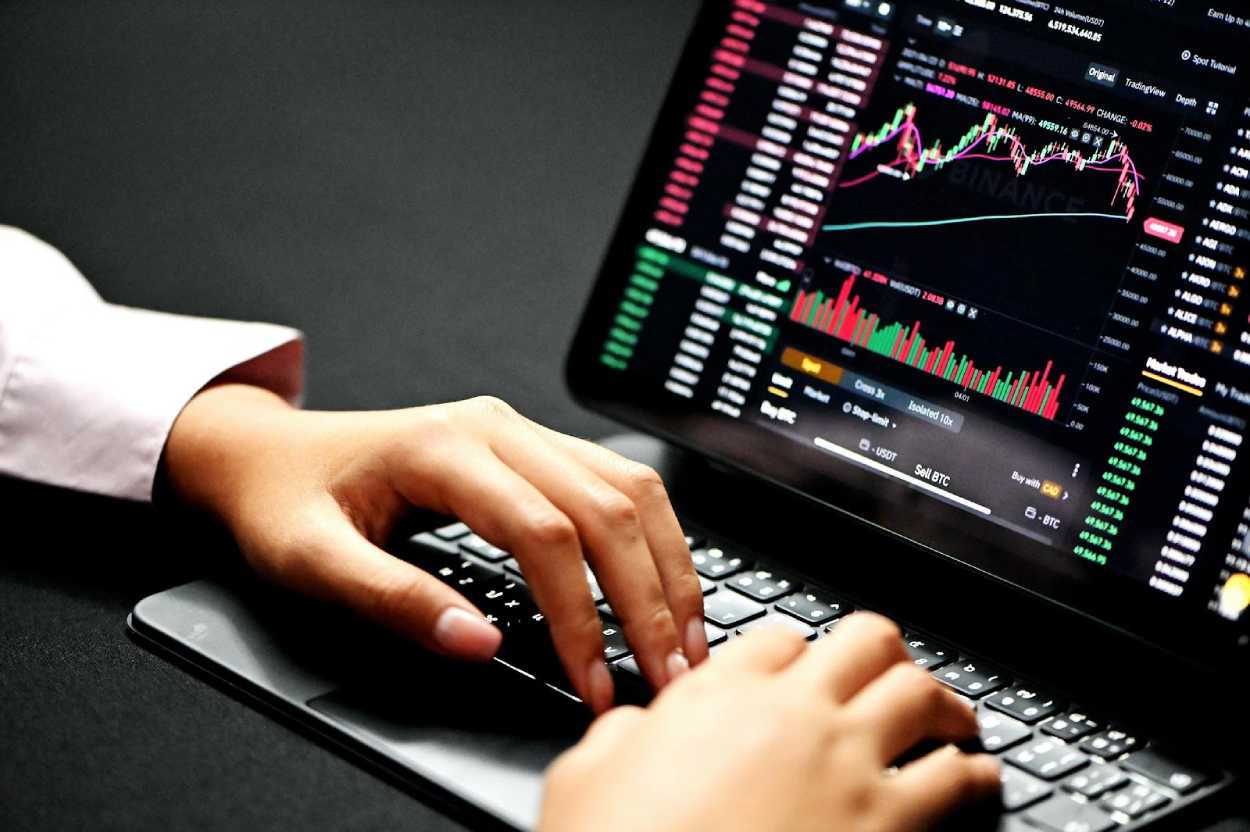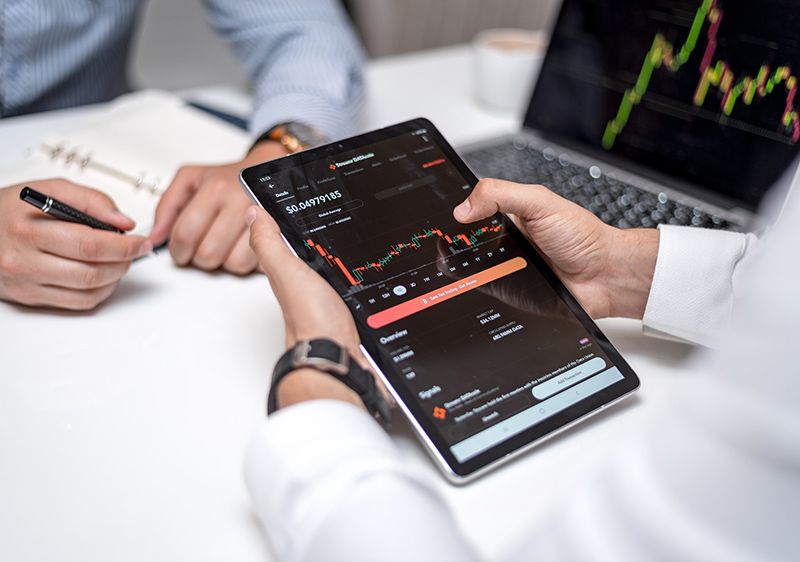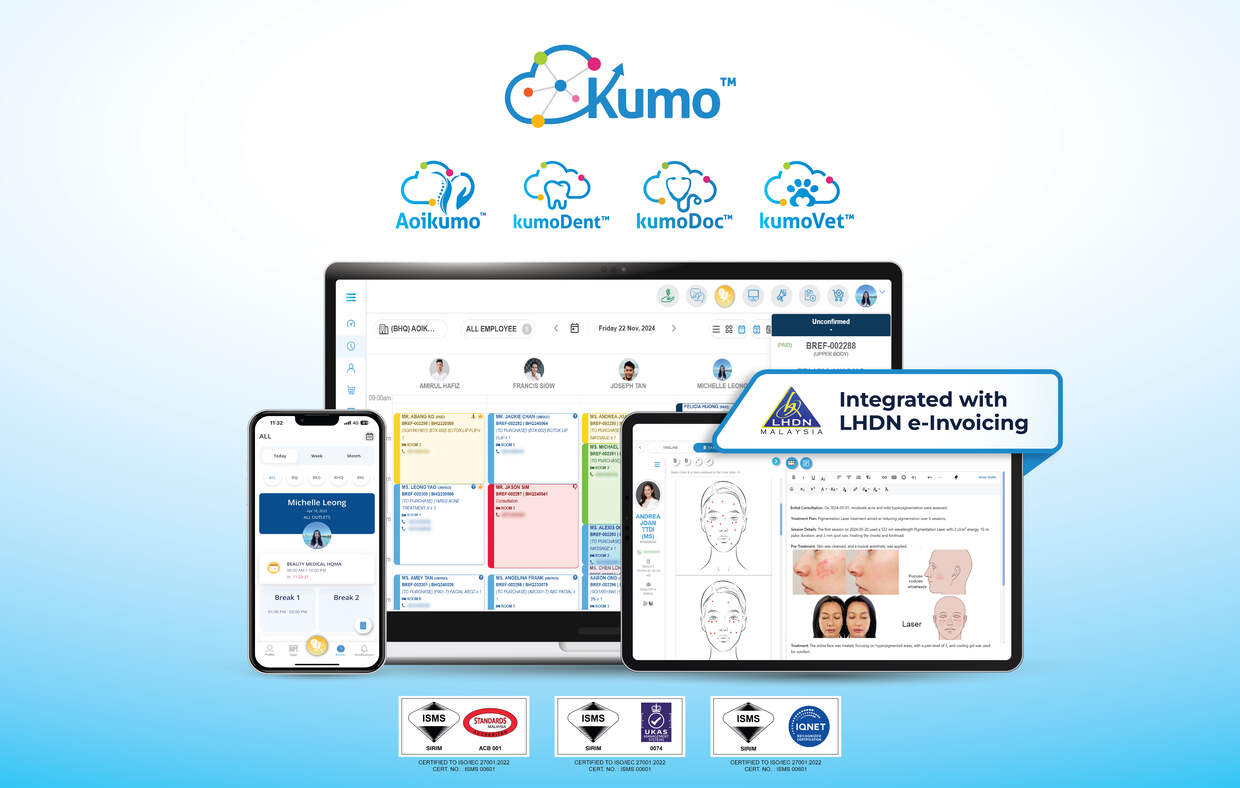The foreign exchange market, better known as Forex, has been gathering momentum across the globe, and Malaysia is no exception to this trend. As more Malaysians become interested in diversifying their investment portfolios, the demand for understanding the nuances of forex trading Malaysia has seen a considerable uptick. This article offers an in-depth look into the current trends shaping Malaysia’s Forex market, so both novices and seasoned traders can navigate its complexities with greater ease.

Regulatory landscape
In Malaysia, Forex trading is regulated by the Securities Commission and Bank Negara Malaysia. Both institutions aim to ensure a safe and transparent trading environment for retail and institutional traders alike. The legal framework has evolved over the years to accommodate the increasing popularity of Forex trading, creating a more secure market for participants.
Rise of the Retail Trader
Gone are the days when Forex trading was confined to the elite or financial institutions. With the advent of online platforms and user-friendly apps, retail traders now make up a significant portion of the Forex market in Malaysia. These platforms offer a wide range of educational resources, making it easier for amateur traders to enter the market with a decent understanding of its risks and rewards.
Trading Pairs and Preferences
The Malaysian Ringgit (MYR) is commonly traded against major currencies like the US Dollar (USD), the Euro (EUR), and the Japanese Yen (JPY). However, the surge in retail trading has led to an increased interest in various other currency pairs, including exotic and minor pairs. This diversification is indicative of a more sophisticated trading community that is willing to explore less traditional options.
Economic indicators
As with any Forex market, understanding the local economic indicators is crucial for successful trading. Malaysia’s performance indicators such as GDP, inflation rates, and interest rates often influence the strength and stability of the Ringgit. Keeping a close eye on these indicators can provide traders with insights into potential market movements.
Impact of Global Events
Malaysia’s Forex market is not isolated from the world; it is influenced by a variety of global events. Whether it’s the US-China trade war or fluctuations in oil prices, these external factors often have a ripple effect on the Malaysian market. Being aware of the global economic landscape is therefore crucial for anyone engaged in forex trading in Malaysia.
Technological adoption
The technological landscape for Forex trading in Malaysia is fast-evolving. Many traders are turning to algorithmic and high-frequency trading. Others are using advanced analytical tools and AI-powered platforms to predict market movements more accurately.

Cultural factors and Trading behavior
Cultural nuances play a subtle but vital role in shaping the trading behaviors in Malaysia’s Forex market. Traditionally, Malaysians have been cautious investors, preferring low-risk options such as fixed deposits and real estate. However, the lure of quick profits in the Forex market has led to a younger, risk-tolerant demographic taking the plunge. This shift has injected new life into the market but also underscores the need for comprehensive education to manage risks effectively.
Broker preferences in Malaysia
When it comes to selecting a Forex broker, Malaysians have been increasingly looking for local options or international brokers with a strong local presence. A local focus ensures better customer service, easier transaction processes, and often, trading education in native languages. While the options for local brokers remain limited due to strict regulations, the trend is unmistakably leaning towards a blend of local and global service providers.
Trading hours and Overlaps
The Forex market operates 24/5, but not all trading hours are equally lucrative. Due to the time zone, Malaysian traders often find themselves active during the Asian trading session, which overlaps with the Tokyo session. However, the most significant market movements, especially for popular currency pairs like EUR/USD, tend to happen during the European and U.S. trading sessions. Therefore, Malaysian traders need to strategize their trading schedules to capture the volatility from different markets effectively.
Social Trading and Communities
The rise of social trading platforms has caught the attention of Malaysian traders. These platforms allow traders to follow and copy the trades of experienced market players. It offers a learning curve for beginners and a sense of community that was previously missing in the solitary landscape of Forex trading. Online forums, webinars, and local Forex trading events have also been effective in fostering a sense of community among Malaysian traders.
The role of Islamic Finance
Islamic finance principles, adhering to Sharia law, also have a noteworthy impact on Forex trading in Malaysia, a predominantly Muslim country. Several brokers offer Islamic accounts that are “swap-free” and do not incur overnight interest, aligning with the prohibition of earning interest in Islamic finance.
Forex Trading as a Full-time career
With increasing awareness and success stories making rounds, more Malaysians are considering Forex trading as a full-time career option. It offers the allure of financial freedom, flexible work hours, and unlimited earning potential. However, this transition is not to be taken lightly and requires a full understanding of the market risks, robust strategies, and a disciplined approach.
Final word
The Forex market in Malaysia is a dynamic and complex landscape that is both influenced by global trends and unique local factors. As the market matures, it is essential for traders to evolve as well, continuously updating their knowledge and adapting to new market realities. Whether it’s leveraging new technologies, understanding cultural impacts on trading, or simply picking the right trading hours, staying updated on these trends can offer traders a competitive edge in the fast-paced world of Forex trading.











